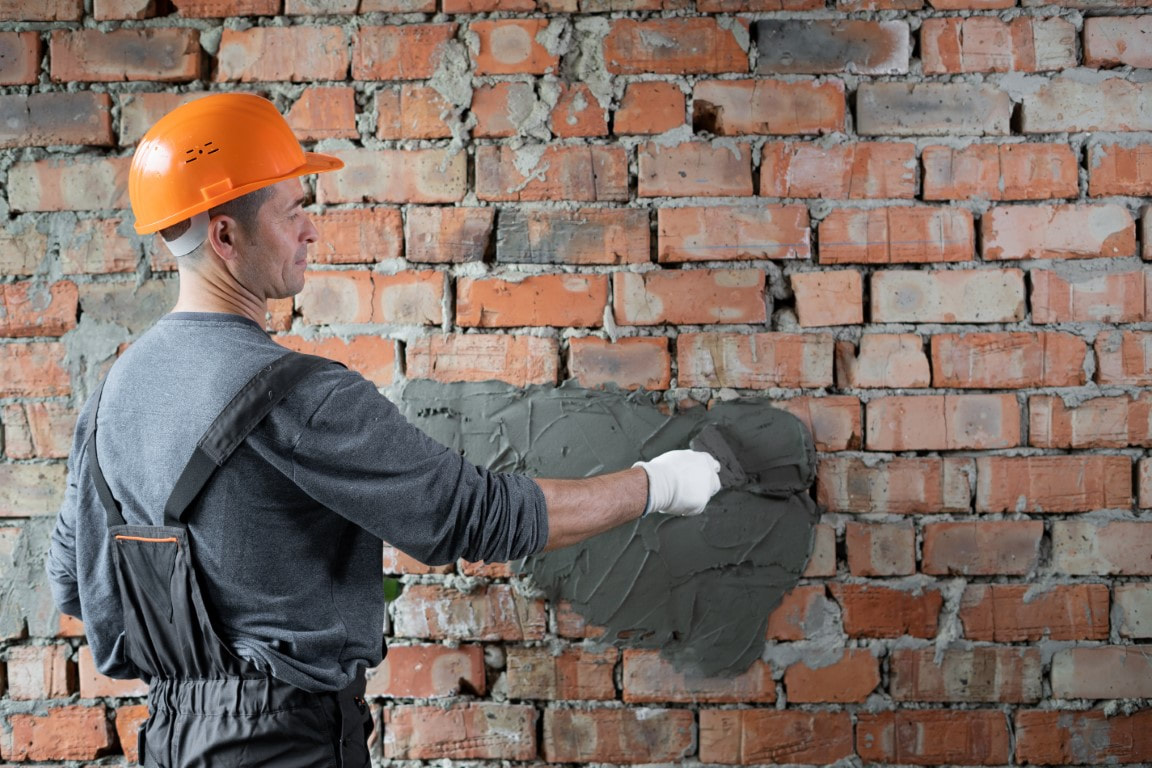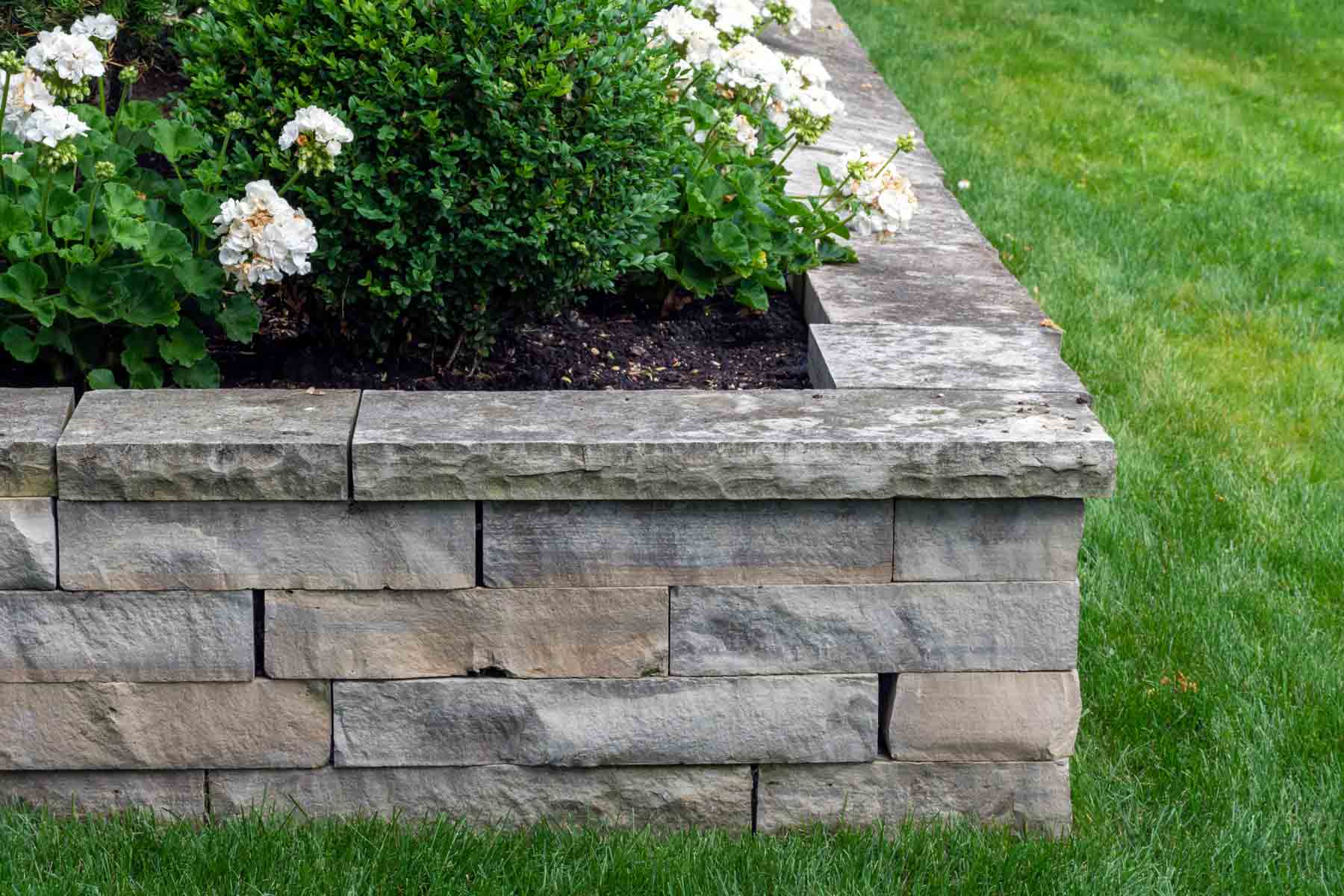Opening the Tricks of Sustainable Stonework Building And Construction Practices for Eco-Friendly Structures
In the world of modern-day construction, the search of sustainable methods has come to be critical. Among the myriad techniques to environmentally friendly structure, sustainable masonry building and construction attracts attention as a reliable and long lasting technique that holds a riches of untapped possibility. From the choice of products to ingenious building strategies, the keys to attaining sustainability within masonry building and construction are diverse and appealing. By discovering the benefits, products, methods, and future fads of sustainable stonework, a much deeper understanding of just how these methods can shape the future of eco-friendly structures emerges.
Advantages of Lasting Stonework Building
Embracing sustainable stonework building practices not just minimizes ecological impact yet likewise offers lasting financial benefits to home builders and areas. By making use of products like recycled blocks, blocks, and stones, home builders can substantially decrease the carbon impact of their tasks while advertising source effectiveness. Furthermore, lasting stonework construction methods, such as appropriate insulation and thermal mass residential or commercial properties, can enhance energy effectiveness within buildings, resulting in decreased operational expenses over time.
Moreover, the longevity and resilience of stonework frameworks add to long-lasting financial benefits. Structures built using lasting stonework techniques usually require less repair and maintenance, equating to set you back financial savings for builders and homeowner. The long life of stonework materials also makes sure that structures remain secure and safe and secure, minimizing the requirement for frequent renovations or substitutes.
Eco-Friendly Masonry Materials
Making use of eco-friendly masonry materials is a critical step towards enhancing the sustainability of building methods and decreasing environmental impact while making best use of long-lasting economic advantages. Sustainable stonework products are sourced, created, and used in a way that decreases total ecological influence. Lasting concrete blocks incorporate recycled accumulations and may feature improved insulation residential or commercial properties, adding to power efficiency in buildings.
Furthermore, natural materials like adobe, rammed earth, and straw bundles offer excellent thermal mass residential properties, minimizing the demand for heating and cooling down energy. These materials are usually locally readily available, promoting regional economies and reducing transportation-related carbon discharges. By picking green stonework products, building jobs can significantly decrease their ecological footprint and add to the creation of healthier, much more lasting built settings.
Energy-Efficient Masonry Techniques
Power efficiency plays a crucial function in enhancing the sustainability of masonry building techniques. By executing energy-efficient stonework methods, home builders can considerably minimize the general energy consumption of a structure, causing lower operational costs and a smaller sized ecological impact. One crucial energy-efficient stonework strategy is using thermal mass, which involves including dense products like concrete or brick right into the structure's structure to take in and store heat. This helps control indoor temperatures, lowering the need for mechanical heating and cooling down systems.

Innovations in Lasting Stonework
Recent innovations in sustainable masonry techniques have caused innovative methods try these out that are reshaping the construction industry. One such development is the development of self-healing concrete, which utilizes germs embedded within the concrete to recover fractures autonomously. This innovation not just lowers maintenance expenses but likewise enhances the sturdiness of masonry structures, adding to their sustainability.
One more remarkable advancement is the use of recycled aggregates in stonework building and construction - masonry contractor. By integrating materials such as crushed ceramic waste or recycled glass right into concrete mixes, building contractors can lower the environmental Bonuses influence of building and construction jobs while maintaining architectural honesty. This method not only draws away waste from land fills but also preserves natural deposits, making it a vital development in lasting masonry building
Moreover, the integration of digital layout devices, such as Building Information Modeling (BIM), is reinventing the method masonry structures are intended and built. BIM enables even more accurate calculations, decreased product waste, and improved energy performance, ultimately causing even more sustainable building techniques. These innovations jointly signify a promising future for lasting stonework building in the period of green buildings.
Future Trends in Masonry Sustainability
With the innovative strides made in sustainable masonry techniques, the future trends in stonework sustainability are poised to further reinvent the building market. One of the key fads shaping the future of stonework sustainability is the increased combination of innovation. Innovations such as Structure Info Modeling (BIM) and virtual truth simulations are being utilized to optimize masonry building and construction processes, resulting in lowered product waste and enhanced power efficiency in structures.
Furthermore, the development of novel lasting products is set to play a substantial function in enhancing the eco-friendliness of stonework building and construction. masonry contractor. Advancements like self-healing concrete, recycled aggregates, and bio-based binders are acquiring grip for their ability to minimize ecological influence while preserving architectural integrity

Conclusion
Finally, lasting stonework construction methods use numerous benefits for environmentally friendly structures. By making use of environment-friendly products and energy-efficient strategies, masonry can add to a much more lasting built environment. Technologies in sustainable masonry are continually being established to further boost the environmental performance of buildings. Looking towards the future, the fad of stonework sustainability is expected to grow, causing even more ecologically pleasant and energy-efficient building techniques in the years to come.